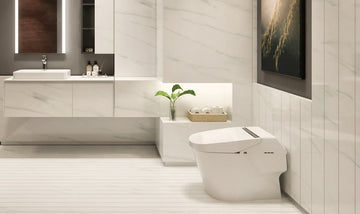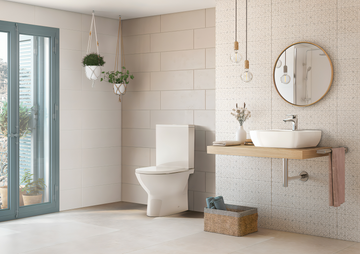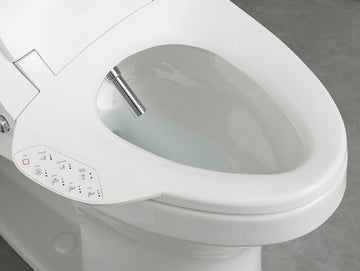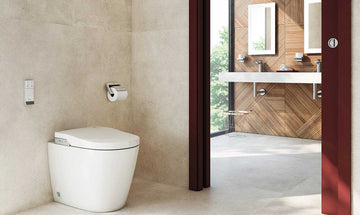Imagine starting your day with a routine bathroom visit that not only refreshes you but also provides a comprehensive health analysis. Welcome to the world of smart toilet health monitoring, a revolutionary leap in personal health and wellness technology. As industry QA professionals, understanding this cutting-edge development is crucial as it blends everyday necessity with advanced health monitoring, offering unprecedented insights into personal wellness.

The Rise of Smart Toilets
The concept of smart toilets has evolved dramatically over the past few years. Initially designed for comfort and convenience, these intelligent systems have now integrated health monitoring features that could redefine how we perceive personal healthcare. This transformation is not only fascinating but also imperative for quality assurance professionals who are tasked with ensuring that such innovations meet the highest standards of safety and reliability.
Smart toilets are equipped with sensors and analytics tools that can detect a range of health indicators from urine and stool samples. These advanced features can monitor glucose levels, protein, pH balance, and even signs of infections or chronic conditions. Such capabilities make them an integral tool in preventive healthcare.
Technological Innovations in Smart Toilets
One of the most exciting aspects of smart toilet health monitoring is the technology behind it. Cutting-edge sensors and data analytics software are the backbone of these devices. As detailed in our Future of Toilet Technology article, these technologies are designed to provide real-time health feedback, ensuring users can address potential health issues promptly.
Alongside health monitoring, smart toilets often include features like automatic flushing, self-cleaning mechanisms, and bidet functions, all of which contribute to a hygienic and user-friendly experience. Such advancements also tie into the broader trend of zero-waste living, promoting sustainability in bathroom practices.
Benefits of Health Monitoring Toilets
For industry QA professionals, the benefits of these innovative toilets extend beyond user convenience. The integration of health monitoring in everyday objects like toilets can lead to early detection of health issues, thus reducing the burden on healthcare systems. It empowers individuals by providing them with immediate access to their health data, fostering a proactive approach to wellness.
Moreover, these toilets can significantly aid in managing chronic diseases. By offering continuous health monitoring, they provide valuable data that can be shared with healthcare providers, allowing for more personalized and effective treatment plans. This aligns with the goals of modern healthcare systems that emphasize preventive care and patient empowerment.
Quality Assurance and Safety in Smart Toilets
Ensuring the quality and safety of smart toilet health monitoring systems is paramount. As QA professionals, it is essential to rigorously test these devices to guarantee their reliability and safety. This includes ensuring that the data collected is accurate and secure, protecting user privacy while providing meaningful health insights.
As discussed in our article on Luxury Smart Toilet Features, the integration of IoT and AI technologies in smart toilets necessitates a comprehensive approach to quality assurance, focusing on both the software and hardware components.
Challenges and Considerations
While the potential of smart toilets is immense, there are challenges that need to be addressed. Data security and privacy are primary concerns, as these devices handle sensitive personal health information. It is crucial for manufacturers and QA teams to implement robust security measures to protect this data.
Additionally, the cost and complexity of these devices might limit their accessibility. Ensuring that smart toilet health monitoring systems are affordable and easy to use will be essential in broadening their adoption. This is where the insights from industry QA professionals can significantly contribute, helping to refine and optimize these systems for mass market appeal.
The Future of Health Monitoring Toilets
The future of health monitoring toilets is promising, with potential applications extending beyond personal health to include public health monitoring and data collection. As we continue to explore ways to integrate technology into our daily lives, smart toilets represent a significant step towards a more connected and health-conscious society.
For further insights into the latest innovations in toilet technology, check out this comprehensive guide on the latest and greatest toilet innovations.
Conclusion
In conclusion, smart toilet health monitoring is not just a futuristic concept but a tangible reality that is set to transform personal and public health paradigms. For industry QA professionals, staying abreast of these developments is vital, offering an opportunity to contribute to a healthier, more informed society.
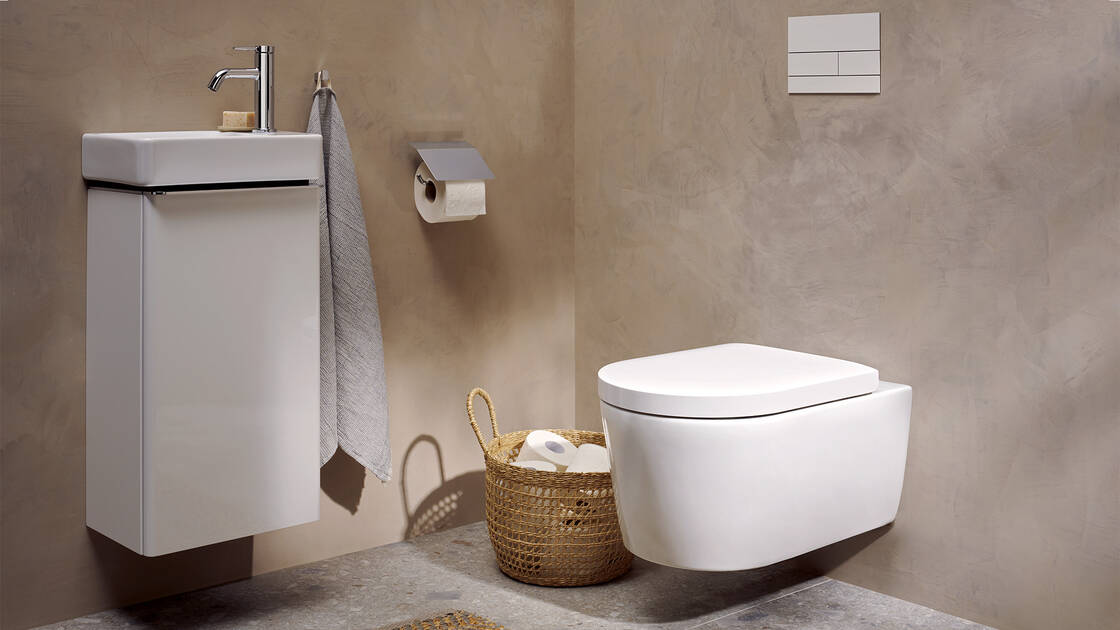
FAQs
1. How do smart toilets monitor health?
Smart toilets are equipped with sensors that analyze urine and stool samples to provide insights into a users health, monitoring parameters such as glucose levels, infections, and more.
2. Are smart toilets safe to use?
Yes, smart toilets are designed with safety in mind, featuring robust data security measures to protect user privacy. Quality assurance teams rigorously test these devices to ensure their reliability and safety.
3. What are the main benefits of smart toilet health monitoring?
Smart toilet health monitoring offers early detection of health issues, supports chronic disease management, and empowers users with real-time health data to make informed decisions about their wellness.
This article contains affiliate links. We may earn a commission at no extra cost to you.


